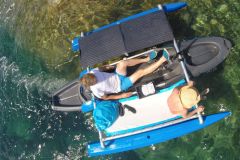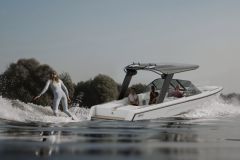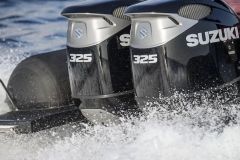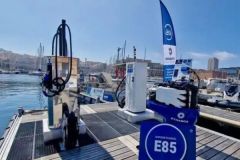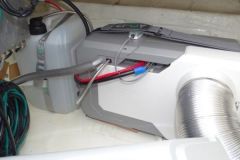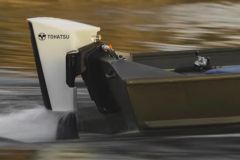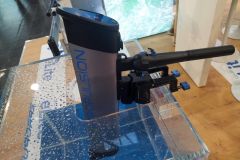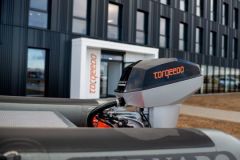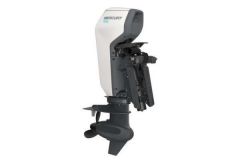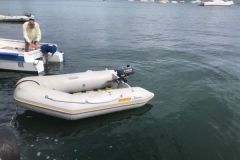Hydrocontest 3rd edition
Launched in 2014 by the Swiss foundation Hydros, Hydrocontest brought together for the third time engineering and naval architecture students from all countries. The number of participants continues to grow, with students arriving from all continents, from Australia to Colombia and Asia.
Under the competition motto, young designers must develop boats to transport more, faster and with less energy consumption. The aim of the competition is both educational and technological, with teams providing solutions that can be transposed to the industry and thus help maritime transport in its ecological transition.
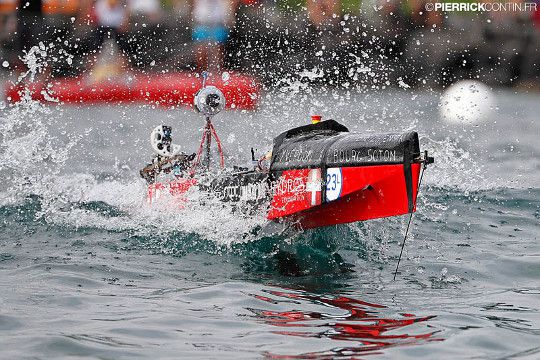
Three main events
Each team has an identical engine, supplied by the French company Watt&Sea. Students have several months to design and build one or two boats, with a maximum size of 2.50 x 2.50 x 2.00 m.
There are two categories
- mass Transport equivalent to the movement of a cargo ship with 200kg of ballast on board
- personal Watercraft equivalent to the transport of people on a pleasure boat with only 20kg on board.
An endurance race completes the events
The amount of energy available is imposed to cover a given distance. Teams are then ranked according to their travel time.
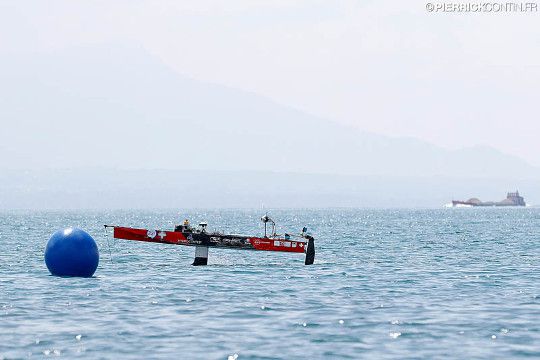
Varied architectures
To meet the challenge, the responses of the different teams are very varied.
We can observe:
- sWATHs, boats with a low water surface area whose submerged volume contains the payload.
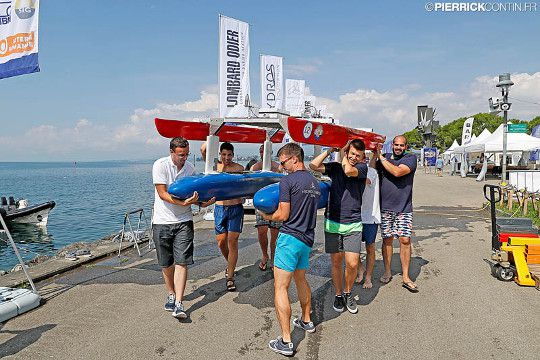
- Catamarans
- Slim monohulls
- Foilers...
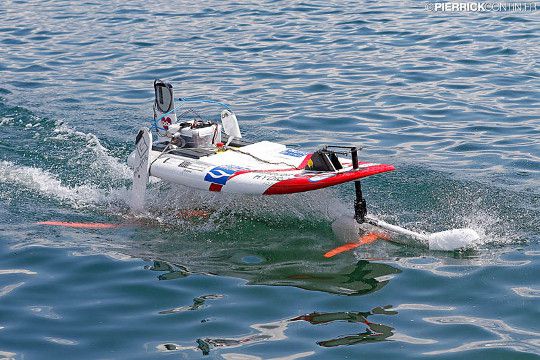
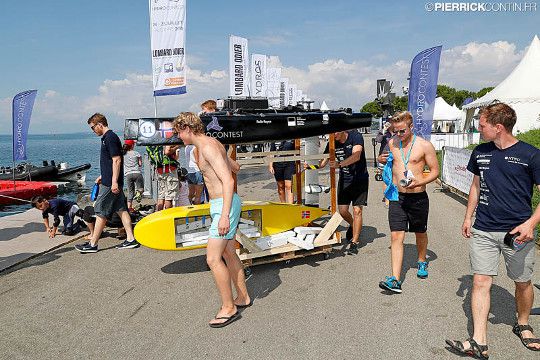
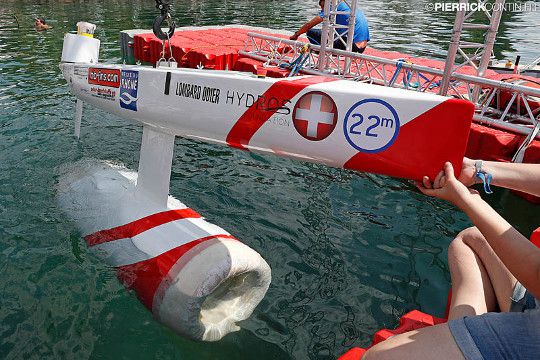
Lined for the tricolors
Centrale Nantes wins the trophy for passenger transport with a tapered catamaran.
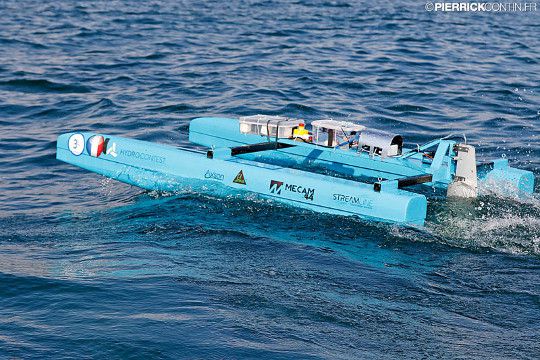
The association between ENSTA Bretagne and the Paris La Villette School of Architecture wins the title in the heavy category.
There is also a prize for eco-design, awarded at the EPFL in Lausanne.
The test is undoubtedly a laboratory to be followed in maritime innovation!





